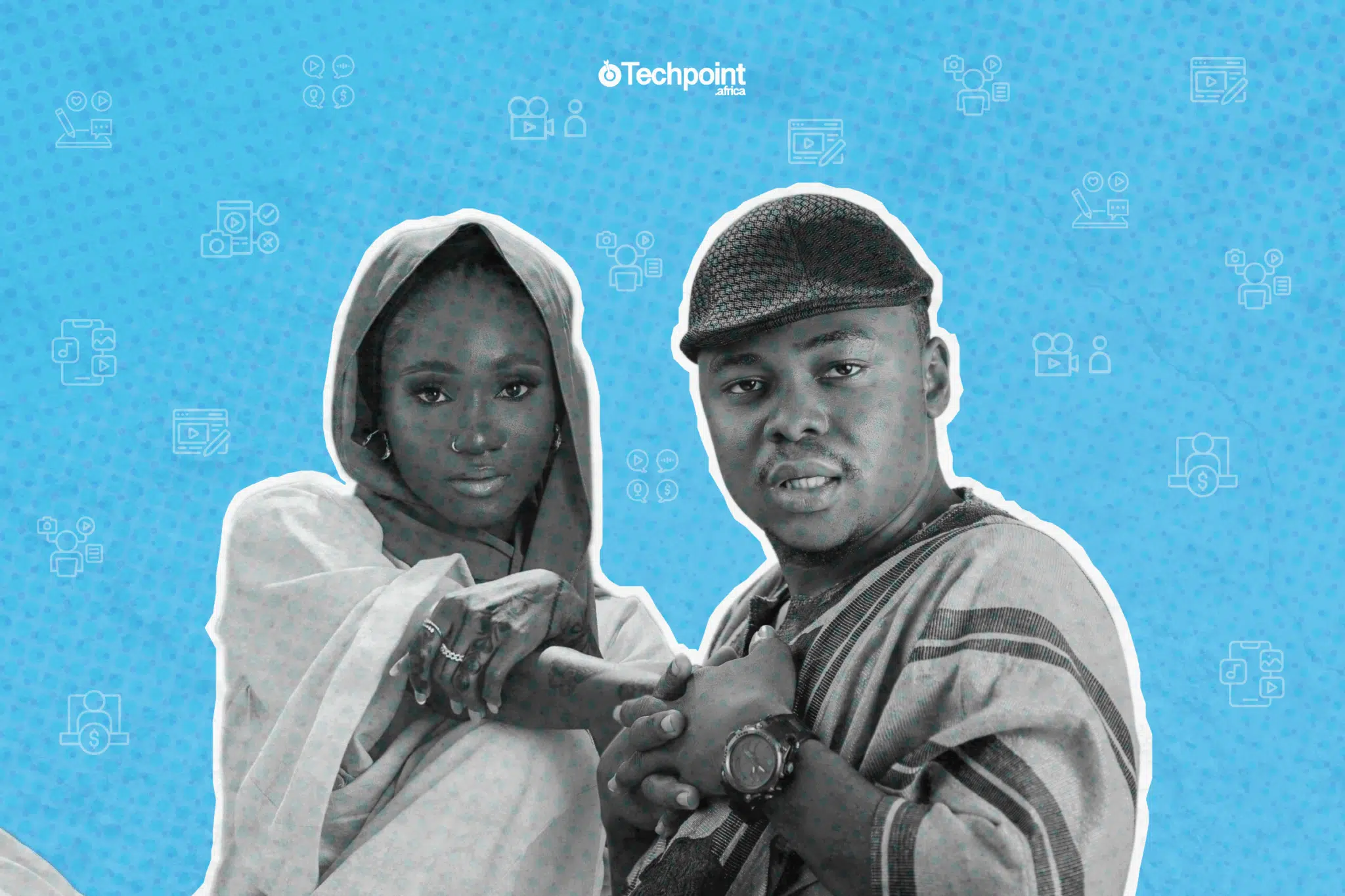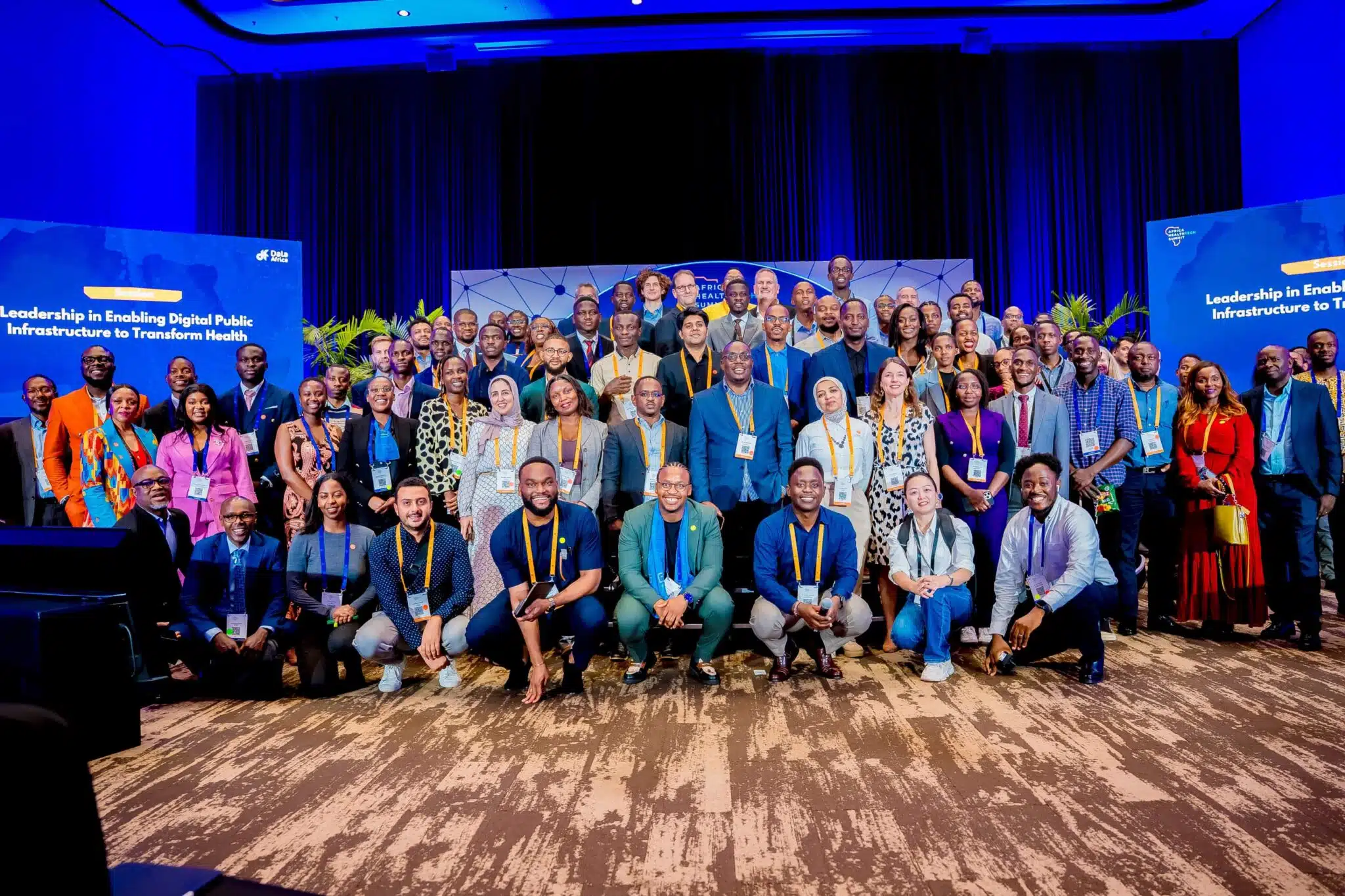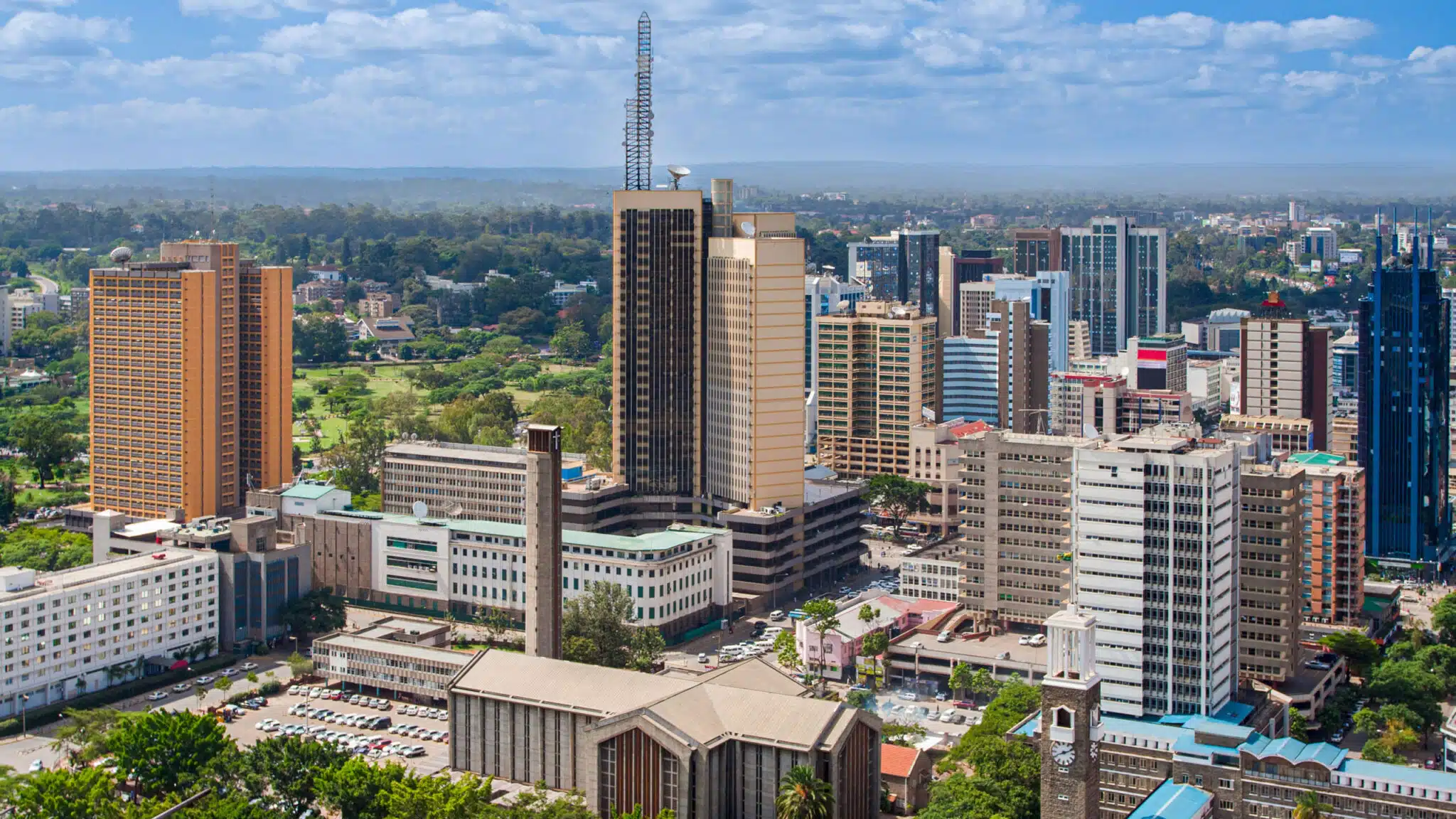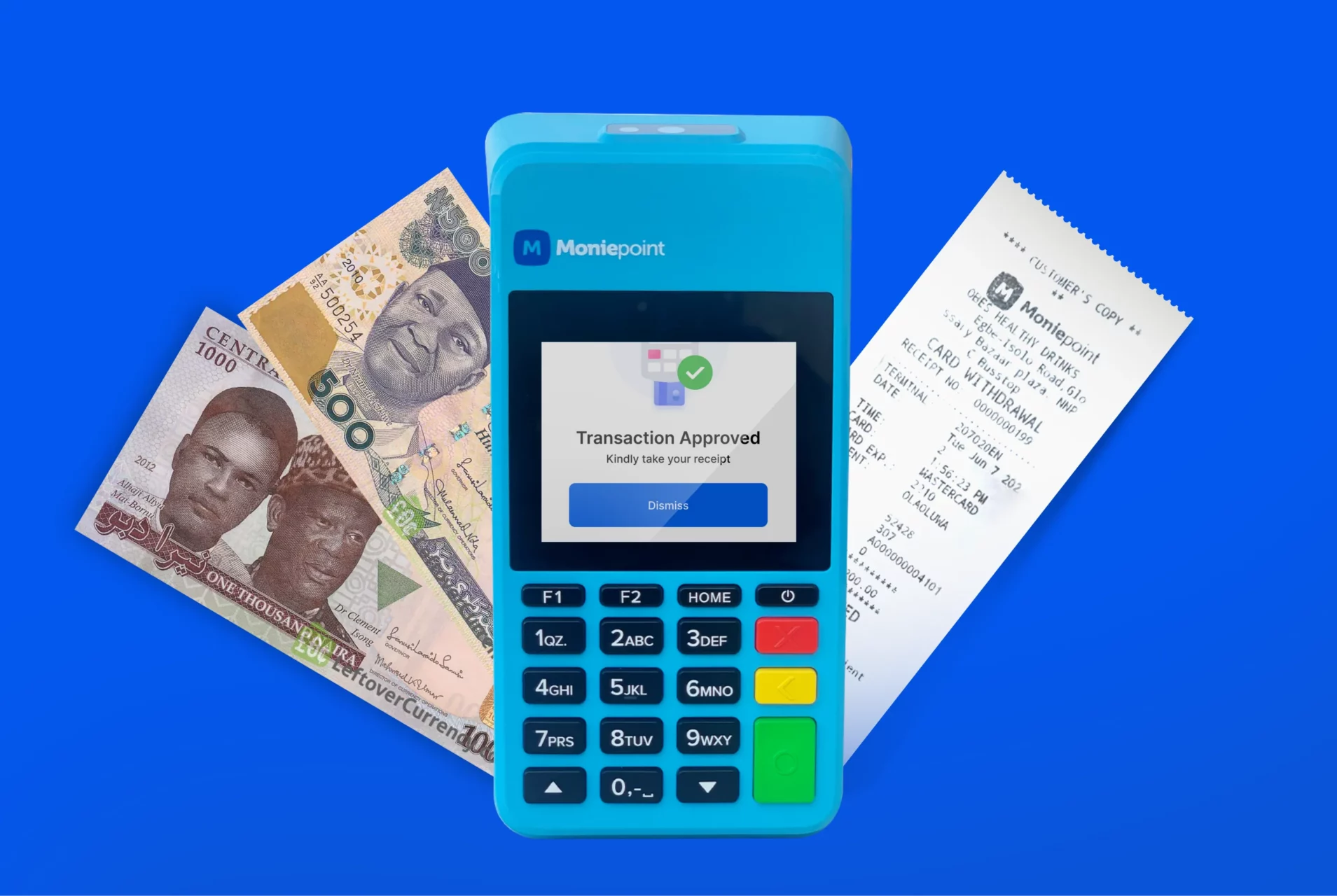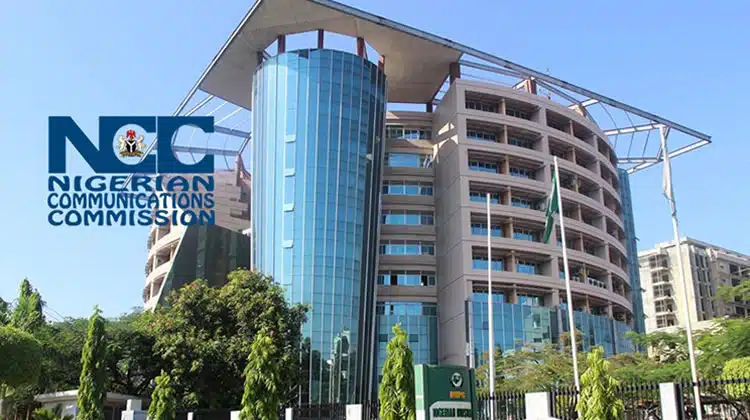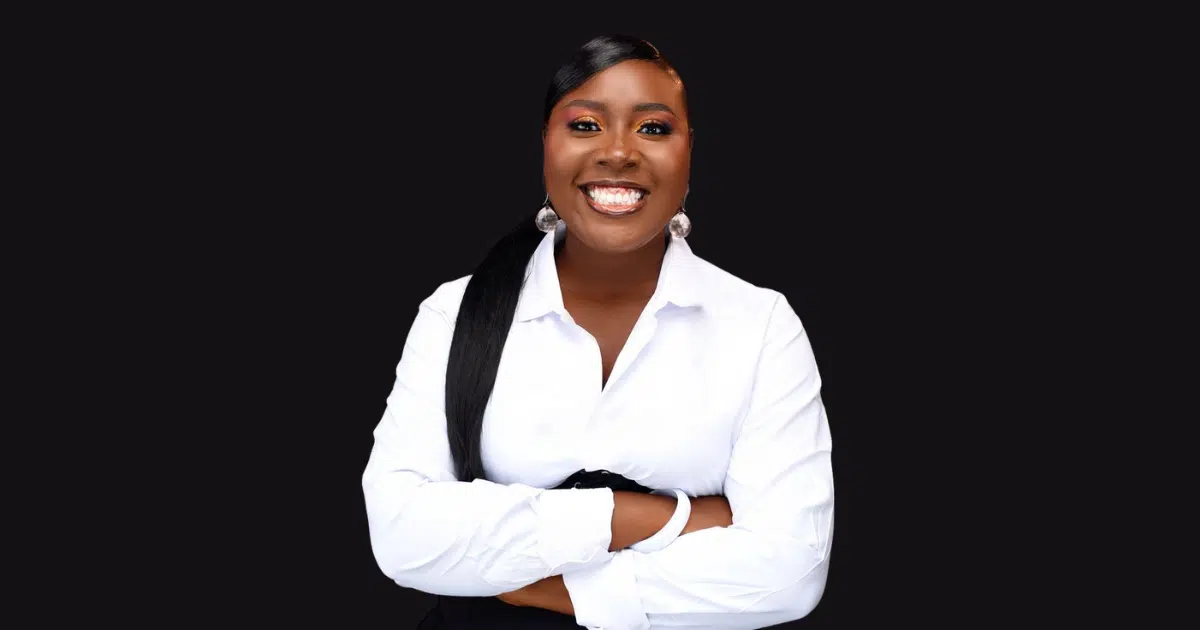Africa represents over 17% of the world’s Internet users, and with increasing Internet penetration on the continent, there has been a surge in digital content consumption. At the heart of this are Africa’s digital content creators.
In March 2025, the African creator market was valued at $5.10 billion and is estimated to reach $29.84 billion by 2032 at a compound annual growth rate (CAGR) of 28.7% from 2025 to 2032.
The continent is a thriving talent pool, and African creators are leveraging their creativity to produce captivating, fresh, and localised content for the world. Content creation is now a full-time job.
Instagram influencer Hauwa Lawal says, “Content creation is a job like any other.” For many, what started as a side hustle has become a full-time, hands-on job.
During the COVID-19 pandemic, content creation exploded into the mainstream. With everyone stuck at home, platforms like TikTok and Instagram became stages for several creators to build a social media presence quickly.
However, being a content creator doesn’t come with a clear job description; it is constantly changing. With social media so accessible, it’s easy to assume that content creation is a quick and easy way to make millions.
While the financial potential is real, the reality is far more complex.
More than just visual content
Filming, editing, and posting are part of the job, but that’s just scratching the surface. Being a creator means doing a bit of everything, so it easily turns into a full-time hustle.
Without a management team, a creator needs basic knowledge of photography, video and photo editing, copywriting, social media management, Search Engine Optimisation (SEO), and trends analysis.

Victoria Fakiya – Senior Writer
Techpoint Digest
Stop struggling to find your tech career path
Discover in-demand tech skills and build a standout portfolio in this FREE 5-day email course
To enhance the visibility of their content, even TikTok creators embrace SEO best practices as a valuable tool for growth.
New creators do not have it easy because “the space is mostly unkind to them,” Hauwa tells Techpoint Africa.
The TMCon creator report shows that 43% of African digital creators have been in the industry for one to three years and have fewer than 10,000 followers.
More time is spent on researching trends, identifying an audience, planning content calendars, and experimenting with formats than on actually making content. From knowing the best time to post to optimising content for each platform’s algorithm, success in content creation takes a lot of effort.
“At some particular time, what works for you can just change,” David Musakiru Olajide, popularly known as Mr Embarrazzment, told Techpoint Africa. “It may be that you had a particular time frame you normally shared content that went viral, and suddenly, that doesn’t work for you anymore. So you have to keep changing along with the algorithm. It’s not easy, but what are we to do?”
Effective storytelling, clear communication, and relatable content are also key to keeping audiences engaged, and every post, story, or tweet contributes to a larger persona or business brand, which is why it takes intention and effort.
Beyond that, creators spend time nurturing their communities, responding to comments, managing DMs, and dealing with feedback.
Monetisation for content creators in Africa
According to a report by Tilt, it takes most full-time content creators about six months to make their first dollar and around 17 months before they can live off their content. If it’s part-time, the journey tends to take longer.
TMCon records that 54% of African content creators earn less than ₦100,000 ($62.02) monthly, with only 20.7% earning from sponsored content, and 11.9% from ad revenue.
Platforms like Instagram and YouTube offer monetisation opportunities for content creators. While it’s not easy to build a solid following on YouTube, Huawa says it remains the highest-earning platform for creators in Africa.
Ghanaian YouTuber Jessica OS had shared how she made $6,000 for reaching 1 million views on a single video. Similarly, Kwadwo Sheldon, another African YouTuber, shared his earnings in a BBC interview, mentioning that he averages $10,000 monthly on YouTube.
Top earning creators on YouTube include Mohammad Ramadan, Shawar, Diamond Platnumz and Tyla, who has an annual earnings rate of $3.1 million.
However, African creators earn less compared to creators from countries like the US due to lower cost per mille (CPM) rates in Africa.
For Instagram, influencers typically earn between $200 and $1,000 per sponsored post. While TikTok is popular, monetisation remains limited in many African countries.
According to Mr Embarrazzment, “TikTok isn’t monetised for many African creators, so the earnings are a little limited. The Creator Fund isn’t available in Africa, but we get paid from brand promotions, music promotions, live and video gifts. Instagram is also difficult to earn from.”
Brands, digital agencies, and marketers are also actively investing in influencer marketing.
Big players in the African creator space
Meta remains one of the dominant Big Tech companies ruling the content creator landscape in Africa, with ByteDance (TikTok), Snap Inc. (Snapchat), Google (YouTube), Spotify, Amazon, and Netflix sharing the space.
Facebook remains the top platform for social media users in Africa, standing at 74.6%, Instagram has 9.18%, and 6.66% for YouTube, out of users’ statistics taken from April 2024 to April 2025.
Local platforms’ content creators also leverage Boomplay, Ayoba, and Mdundo.
Why content creation is leading in Africa
Africa has the youngest population globally, with over 60% of people under 25 years old. With 385 million social media users and a 27.7% penetration rate, the digital economy is a fertile ground for creators.
The majority of African creators fall within the 18-24 and 25-34 age range, making up 51.3% and 45.6% of the creator demographic. This generation is tech-savvy and eager to explore non-traditional career paths like content creation, especially in a region with high unemployment.
Additionally, enabling technologies like Capcut and Canva, mobile technology, and smartphone adoption have also aided this shift.
Regional disparities also play a role.
Northern Africa rules in terms of digital penetration, with social media usage at 57.4% of its internet population. That is, 3 out of every 10 internet users are active on social media. Which is why their creators have the most followers or subscribers on social media platforms.
Southern Africa follows suit with 52.7% social media adoption, West Africa has 39%, East Africa has 38.8%, and Central Africa is at 30% in total social media usage in 2025.
The next wave: From content creator to startup founders
In Africa, content creators are now venturing beyond entertainment – they are becoming brands, businesses, and venture builders.
With large followings, cultural relevance, and monetisation experience, many creators are now leveraging their influence to launch startups, build products, and raise capital. From fashion lines to healthtech startups, the creator-to-founder community is growing.
One African creator who has ventured into the startup scene is Kenyan comedian and creator Crazy Kennar, who built a media brand around his skits and now runs a production company and digital academy.
Nigeria’s Aproko Doctor also recently ventured into the startup scene with his new healthtech startup, Awadoc, designed to facilitate health contact for Africans.
Others include Uche Pedro, founder of BellaNaija, and Kwadwo Sheldon.
Africa’s creator economy is just getting started
Africa’s digital creators are redefining work and culture. From Instagram Reels to YouTube Vlogs, these creators are shaping the future of Africa’s economy. Battling with monetisation barriers, algorithm shifts, and a saturated space.
However, if there’s one thing Africans are known for, it’s the hustle spirit. These creators will keep finding ways to create opportunities even when limited. More creators will branch out to launch startups, build brands, and use their influence to make a real impact on the continent.
As this digital economy continues to evolve, one thing is clear: Africa’s creator economy is just getting started.

